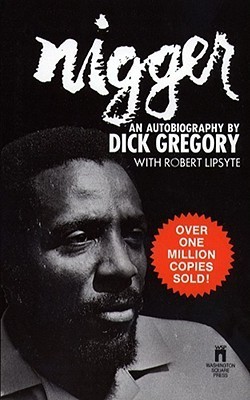What doyouthink?
Rate this book


224 pages, Mass Market Paperback
First published June 28, 1964
"... felt the poisonous hate in an American city, a nice-looking little town that had a Confederate flag flying just as high as the American flag on the US Post Office. And I saw the southern white man who has nothing between him and the lowest Negro except a segregated toilet."
"I think that it is a spiritual disaster to pretend that one doesn’t love one’s country. You may disapprove of it, you may be forced to leave it, you may live your whole life as a battle, yet I don’t think you can escape it… If you try to pretend you don’t see the immediate reality that formed you I think you’ll go blind.”
Dear Momma - Wherever you are, if ever you hear the word “nigger” again, remember they are advertising my book.
“I never learned hate at home, or shame. I had to go to school for that.”